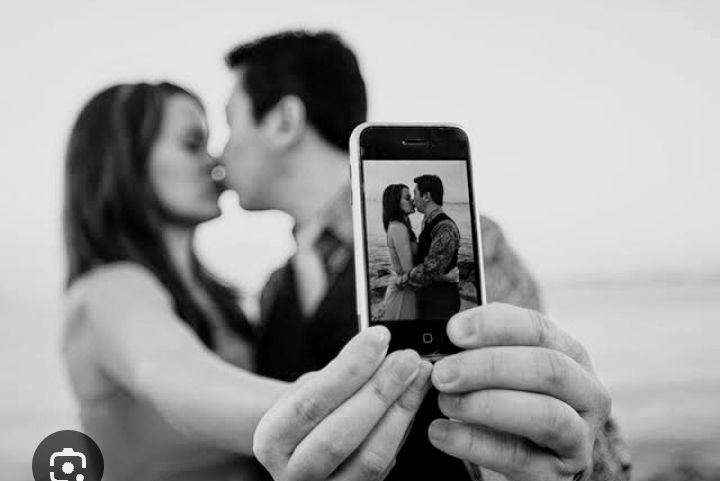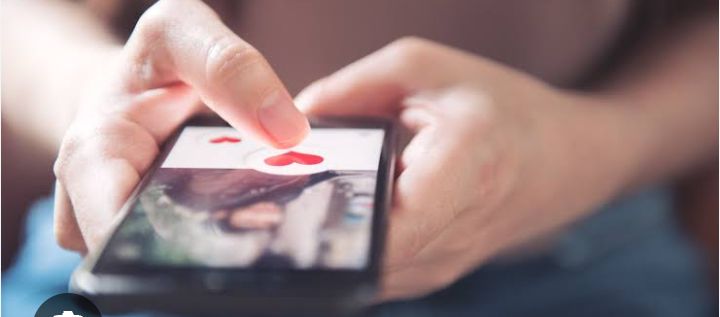In the last two decades, social media has fundamentally transformed the way individuals communicate, share information, and engage with each other. For many, platforms such as Facebook, Instagram, Twitter, and Snapchat have become integral to daily life, influencing not only personal interactions but also societal norms. While social media offers the promise of enhanced connectivity, it also introduces a myriad of challenges that can impact relationships. This article explores the effects of social media on romantic partnerships, friendships, and family relationships, highlighting both the positive and negative aspects of this digital age.

1. Enhancing Communication
Instant Connectivity One of the primary benefits of social media is the ease of communication it provides. Couples can share updates, thoughts, and experiences instantly, regardless of distance. This immediacy can foster a sense of closeness, allowing partners to maintain their connection even when separated by miles. Social media enables quick check-ins, sharing of interests, and even virtual dates through video calls, facilitating ongoing communication in ways that previous generations could not imagine.
Strengthening Bonds For friendships, social media serves as a platform for staying connected and engaged with one another. Friends can comment on each other’s posts, share memories, and celebrate achievements together, reinforcing their bond through consistent interaction. For instance, a simple “like” on a photo or a comment on a status update can demonstrate support and acknowledgement, serving as a substitute for in-person affirmation.

2. The Challenges of Social Media in Relationship Miscommunication and Misinterpretation While social media enhances communication, it often introduces opportunities for miscommunication. Tone and intent can be difficult to convey through text, leading to misunderstandings. A playful comment may be taken seriously, or a lack of immediate response can be interpreted as disinterest. Such interpretations can lead to conflicts that might have been avoided with face-to-face communication.
Exposure to Comparison and Jealousy Social media presents a curated version of reality, causing individuals to compare their lives to others. In romantic relationships, seeing friends or acquaintances post about their seemingly perfect life or relationship can breed jealousy and insecurity.
This comparison may lead partners to question their own relationship or to feel inadequate, hindering their emotional connection. Studies have shown that such feelings of comparison correlate with increased dissatisfaction in relationships, as individuals begin to focus more on their partners’ shortcomings rather than their strengths.
Privacy Issues and Trust The public nature of social media raises concerns related to privacy and trust. Many couples face dilemmas regarding what to share about their relationship online. Disagreements may arise over boundaries—what constitutes acceptable sharing of personal information or images. Moreover, interactions with ex-partners or frequent “likes” from attractive acquaintances can spark possessiveness and mistrust, damaging the foundation of trust within a relationship.
3. Changing Social Dynamics
Shifting Friendship Paradigms Friendship dynamics have also shifted in the era of social media. The ability to connect with many people at once can dilute the quality of friendships. Instead of nurturing deep, meaningful connections, individuals may find themselves in a web of superficial interactions.
This can lead to feelings of loneliness or disconnection, even among those with a large online following. Additionally, the nature of friendships may change, as individuals prioritize online interactions over in-person gatherings, leading to reduced social skills and the quality of relationships.
Support Networks and Community Building On a positive note, social media can provide platforms for marginalized groups to come together, fostering community support and shared experiences. For individuals facing challenges such as mental health issues, social media can offer a sense of belonging and validation. Online support groups enable individuals to connect over shared experiences, reinforcing emotional ties even if those connections stem from digital interactions.

4. Navigating Relationships in the Social Media Age.
Setting Boundaries To mitigate the challenges posed by social media, couples and friends should establish clear boundaries regarding their online presence. Discussing what is comfortable to share, how to handle interactions with others, and what privacy means to each individual can build trust and prevent conflicts. Transparency about these boundaries helps partners feel secure and respected in their relationship.
Fostering Open Communication Encouraging open dialogue regarding feelings about social media can also strengthen relationships. Addressing issues such as jealousy or misunderstandings openly can nurture trust and intimacy. Couples and friends who are willing to communicate their concerns can develop deeper connections, navigating the complexities of their digital lives together.
Balancing Online and Offline Connections While social media can enhance relationships, it shouldn’t replace face-to-face interactions. Setting aside time for in-person gatherings, date nights, or shared activities without the interference of phones and social media can strengthen bonds and deepen connections. The balance between online and offline communication is critical for building and maintaining healthy relationships.

The impact of social media on relationships is undeniable, offering both opportunities and challenges. While it enhances communication and fosters connections, it can also lead to misunderstandings, jealousy, and shifting social dynamics. Understanding these effects allows individuals to navigate their relationships mindfully, prioritizing open communication and setting healthy boundaries. By acknowledging and addressing the influence social media has on relationships, individuals can cultivate gratifying and lasting connections in both their online and offline lives. As we progress further into the digital age, finding a harmonious balance between the virtual and real-world aspects of our relationships will be essential for long-term happiness and fulfillment.




